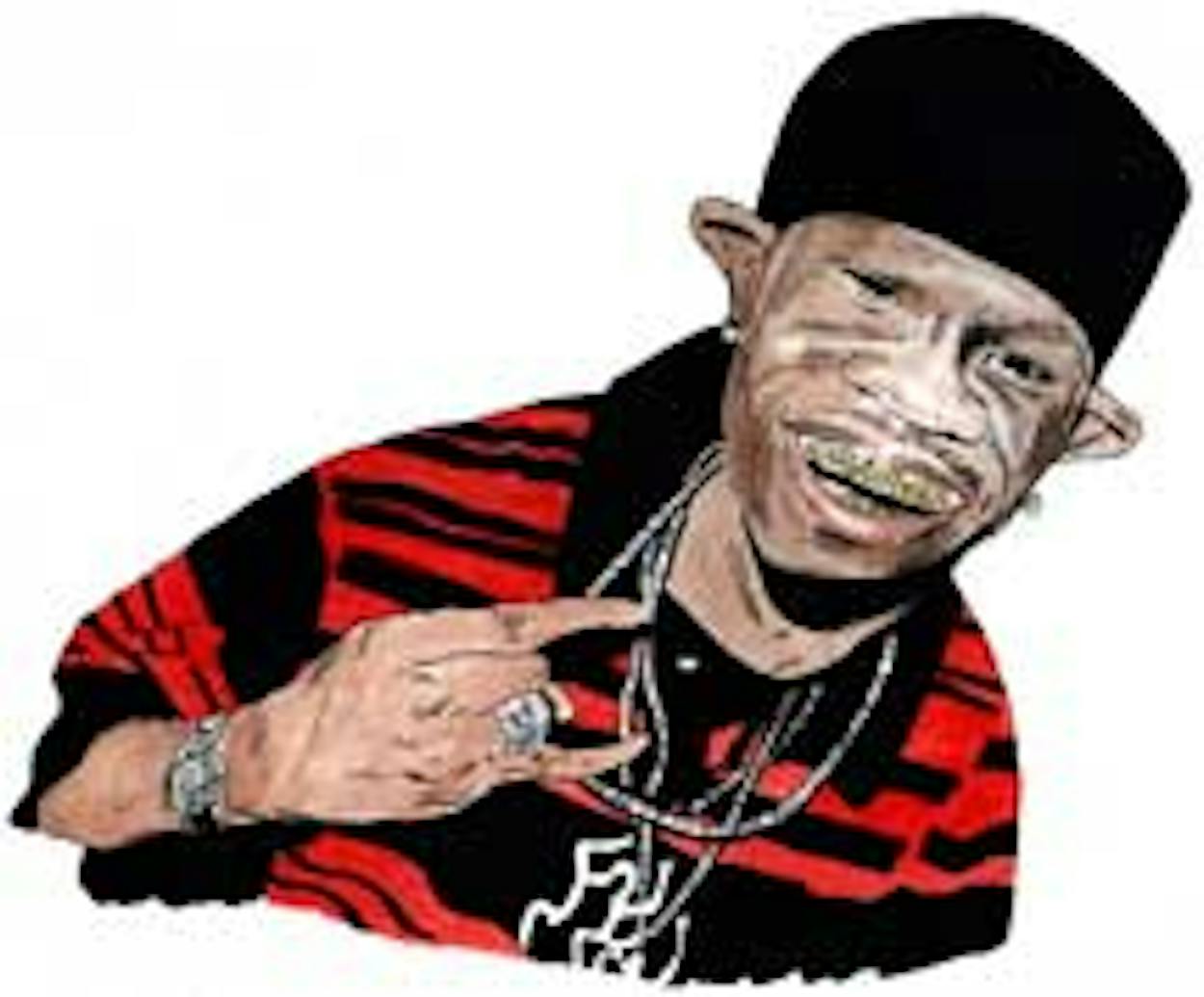Two thousand five will always be remembered as the year that Texas hip-hop finally got its due. Sure, Houston’s Geto Boys were already considered rap legends, and Port Arthur’s UGK, through Jay-Z’s smash hit single “Big Pimpin’,” had already introduced the world to “them Texas boys comin’ down in candy toys.” But it wasn’t until three years ago, when Chamillionaire (given name: Hakeem Seriki) broke onto the national stage with his major-label debut (alongside records by Slim Thug, Paul Wall, and Mike Jones), that the rest of the world stopped to pay attention to the chopped-up and slowed-down version of rap that had been brewing in Houston for more than a decade. Known for his intense delivery and colorful wordplay, this Grammy-winning Houston native has proved the most successful from his scene, selling one million copies of his first album, The Sound of Revenge, and four million ringtones of his anti—police profiling hit “Ridin’.” His second album, Ultimate Victory, was released last September, and the fourth installment of his highly popular Mixtape Messiah series will be out in early 2008.
How would you grade last year’s hip-hop releases?
It was the most digital year of all of them. A lot of artists came out and had really big ringtones, but a lot of albums didn’t sell. We’re in an experimental stage right now, where everybody is trying to just figure out what is going to work, and it’s reflected in the music. There were a few albums that came out that I thought were pretty good.
What were some of your favorites?
The Scarface album. It might not even sell crazy numbers, but it was really good. That’s the key. An artist might have some big ringtone record or some big single, but then the album comes out and it doesn’t sell. It’s better to stay with who you are, so your legacy will look good. Scarface, I don’t think, has done anything in his whole career to tarnish his legacy. UGK was another one. They both completely stayed within their element.
Do you think that the Houston rap scene has come and gone or is the industry still focused here?
It came and went in the perception of the media. Everybody counts you out when your movement is not doing the sales it’s supposed to do, but I feel like Houston still has a chance. It’s a big movement. I don’t think all these guys are gonna go broke. They still have their hustle in them to go put out their music.
You’ve made a point of trying to change the perception that Southern rappers aren’t lyrical. Has that shifted?
I don’t think so. But I don’t even care now, because the South has finally had its chance. When rap is completely done and there’s no more rap, we can say that the South had its chance to shine. Before, it was always the East Coast and the West Coast and Wu-Tang and Death Row [Records], and nobody talked about the South. OutKast was really big to us and so was UGK, but nobody was paying them attention.
What will be next for Houston?
It’s going to go back to the independent thing, where everybody is on their grind, doing things independently and with the mom-and-pop-type distribution. Or it’s just going to be the same way it is now times ten: more ringtone rappers. It seems like that’s the only thing a major signs now. Even artists that have good concepts and good albums—they put that stuff out and it doesn’t materialize into sales. So the majors have to find some way to stay alive, and the best way they can do it is to just get a whole bunch of dudes that have songs. A lot more people from Texas might get signed, but they’ve got to realize they’re getting signed for one song. To me that’s crazy.







